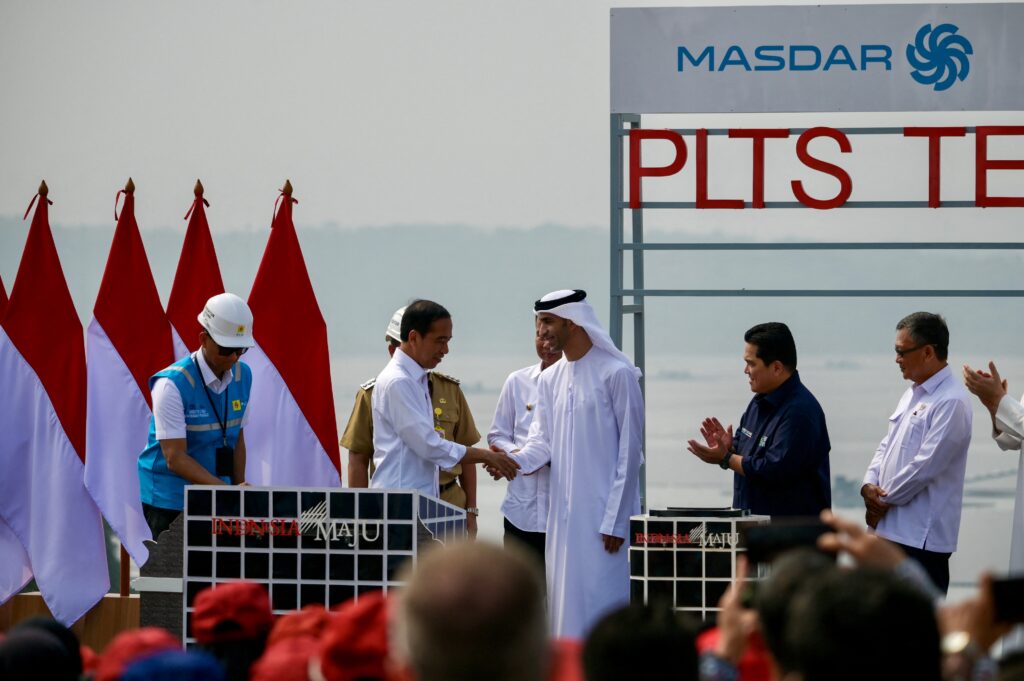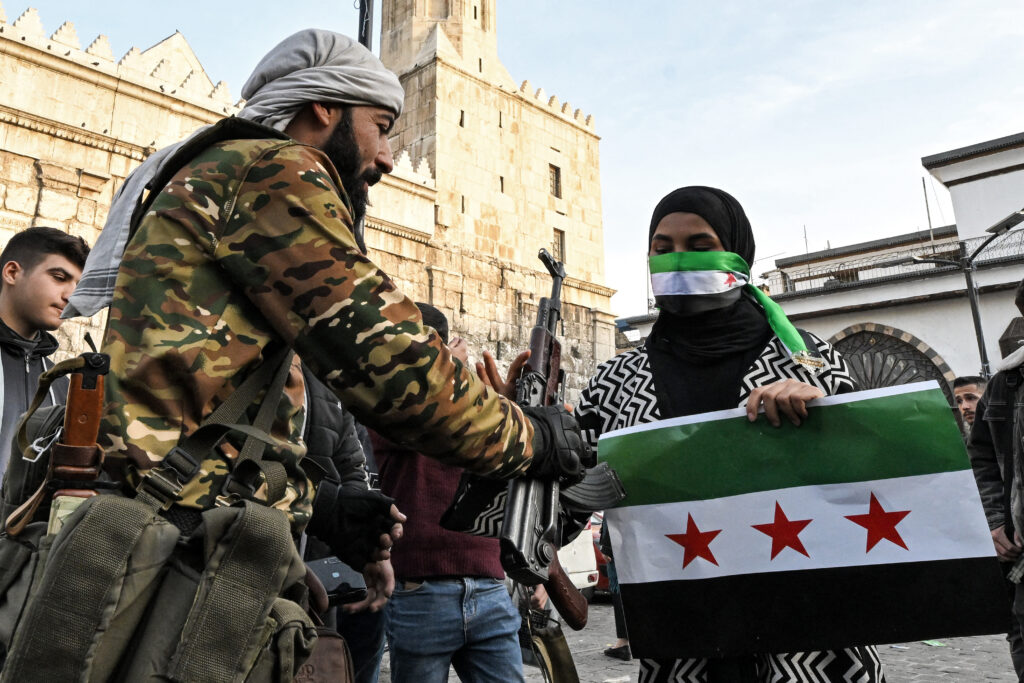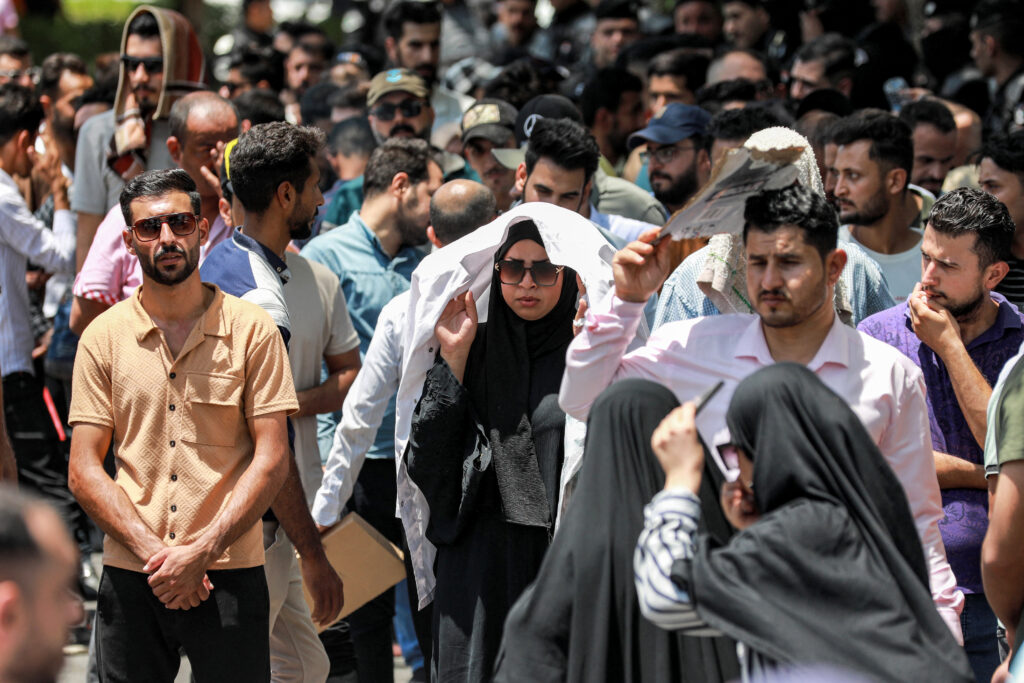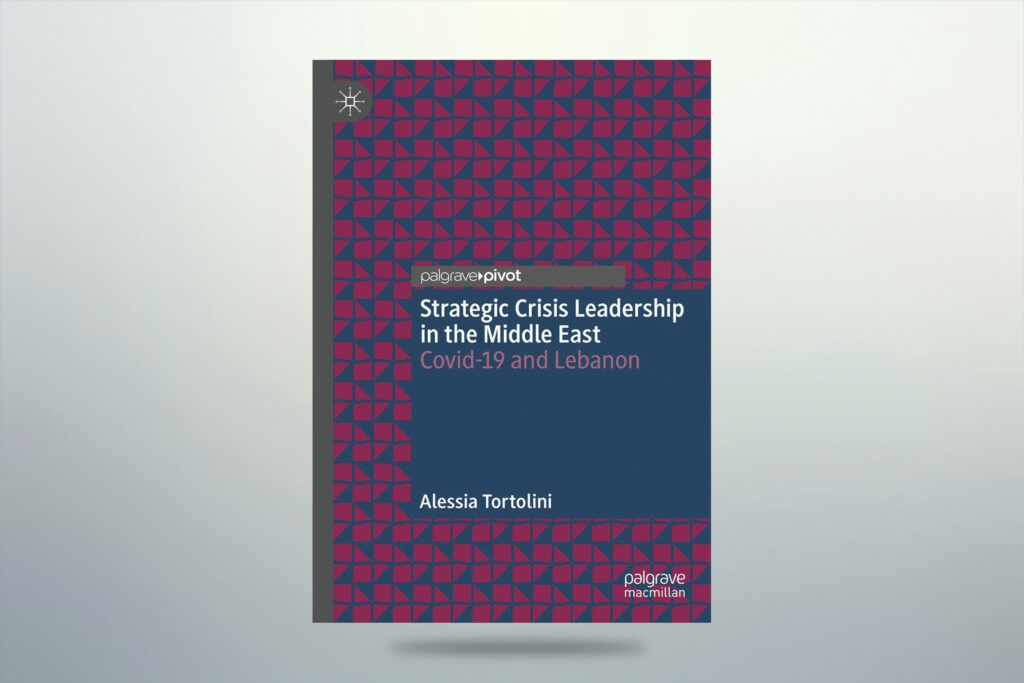MEI’s Research Fellow Serkan Yolacan says the disappearance of prominent critic Jamal Khashoggi marks a dramatic escalation in tensions between Saudi Arabia and Turkey. The incident also shows Crown Prince Muhammad Bin Salman will brook no dissent.
The Fate of Jamal Khashoggi and Saudi-Turkey Relations
- -
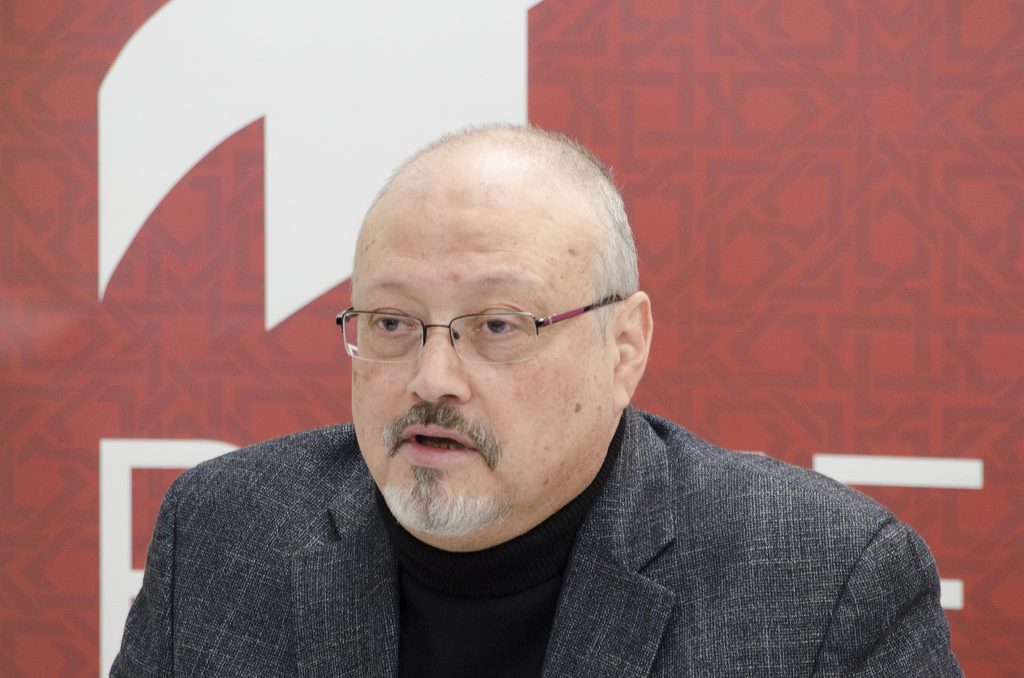
The disappearance of Jamal Khashoggi is a dramatic escalation of tensions between Turkey and Saudi Arabia, and is the latest in a series of episodes between both sides as they jockey for regional influence.
At the height of the Arab Spring, for instance, while the Saudis were busy suppressing protests in Bahrain, Turkish President Recep Tayyip Erdogan was indirectly inciting the crowds in Cairo, who eventually brought President Hosni Mubarak down. More recently, when the Saudis cut diplomatic ties with Qatar and pulled the plug on its food supply, Turkey threw its weight behind the emirate and became its lifeline.
In Syria, the two countries began their campaign against Bashar al-Assad as allies, but have now found themselves on opposing sides. Turkey, disappointed by American support for Syrian Kurds, initiated rapprochement with Russia and Iran, while the Saudis ended up supporting rebels in Kurdish-held areas in Syria to the tune of millions of dollars.
What divides the two Sunni powers is partly a clash of visions for the Middle East’s future, especially their opposing views on the role of political Islam. Mr Erdogan’s popularity in the region rests on it, while the Saudis see it as a malign ideology and as the biggest threat to their rule in the Kingdom.
If Mr Khashoggi was indeed killed by the Saudis – so far, no evidence has been forthcoming – the backlash against Riyadh, which is already growing, will get much worse, and will provide Ankara with a major bargaining chip over its rival in the ongoing contest for regional primacy.
Within Saudi Arabia itself, it is another signal that Crown Prince Muhammad Bin Salman will brook no dissent as he moves to institute reform and consolidate power. MBS, as he is better known, adopted a strident tone with Canada after the latter criticised the Kingdom’s human rights record, and instituted a string of retaliatory measures in response. Such moves have chilled dissidents both at home and abroad, leading them to fear for their lives, wherever they are.
Ghanem al-Dosary, a longtime dissident in London who has a large social media following, told The New York Times on Oct 9: “It’s a message, very clear, that our hands can reach you wherever you are.”
The report quoted others as saying that the Saudi authorities have significantly raised the stakes of speaking out, and have a record of reaching across borders to keep critics in line.
If it indeed reached out into its consulate in Istanbul to silence a critic, however, the disappearance of Mr Khashoggi will explode into an international incident. President Donald Trump has already said he is “not happy with what I’m hearing”, and more US lawmakers are demanding answers. MBS may have overplayed his hand this time.
More in This Series
- Leila Dagher, Nadim Farajalla, Hiba Jabbour and Mohamad Zreik
- -


